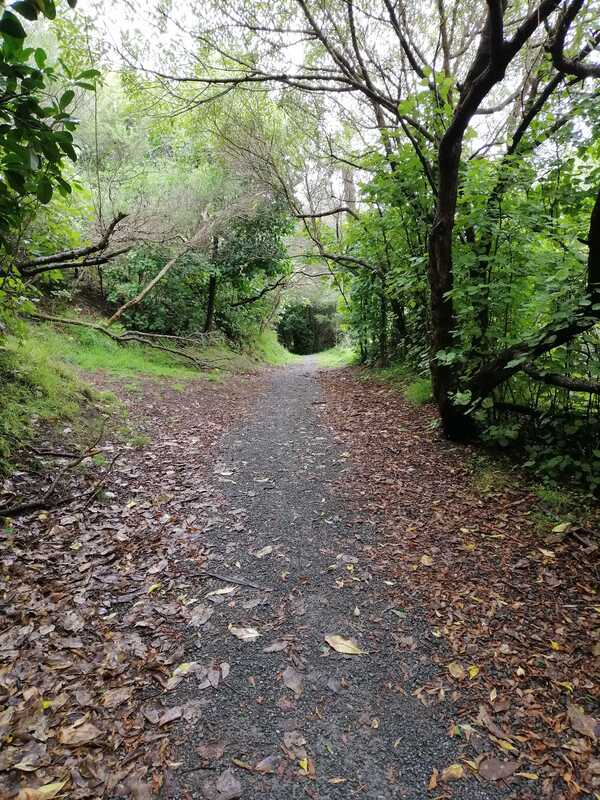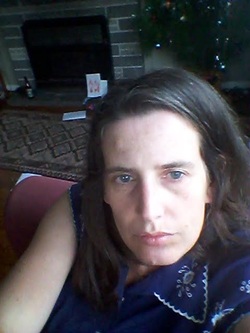|
I started writing a response to some of the comments on Giovanni Tiso's blog post Suffer the little children about the reluctance of Auckland Libraries to remove a book, that as it has been pointed out to them, instructs people not only to beat their children, but also how to beat them and with which implements. My response started going on a bit and was in numbered sections with multiple parts, distinct personalities, and too many semicolons so I thought I better do my own post. ONE First, an anonymous librarian (anonymous because Auckland Library employees aren't allowed to comment officially on the issue) says the book probably arrived in the regional library by way of people being interested in research. "By research I don’t mean academic research – I mean people volunteering for community groups, for internet think pieces, for blogs, writers of non-academic books, journalists etc. This is where I suspect the initial request for purchase came from, and where the current 19 requests on the book come from. I doubt any of these people are looking for parenting advice or will find the arguments in the book compelling. " Given the book was in 1994, up to its 22nd printing, it seems to be a bit naive to suggest that some Aucklanders might not be among those who have obviously found the arguments compelling. Additionally, the idea that the book is sitting in the collection as an item of interest in terms of research and not as a parenting guide would bear more weight if the library catalogue entry tagged the book with child abuse rather than under parenting. Go to this Auckland Libraries site and type child train into the search box and it will be the first result returned. You can clearly see the item's tags Religious aspects, Amish, Family relationships, Parenting, Child rearing, Parent and child, Amish. Nothing which implies this is anything but a legitimate parenting manual. While the book may not be kept on the open shelves, as Anonymous suggests, it sits openly in Auckland Library's catalogue complete with the detailed description of the book as written by the publisher. Click through to the book's full catalogue entry and you can see the Author's notes and sketches and if you so desire "Learn more about them [the authors] and sign up for the No Greater Joy bi-monthly magazine at NoGreaterJoy.org ." Good grief. Moving on. TWO; Dylan Horrocks comments: "... however much I reject the positions such books might take, I would be disturbed if the library refused to acquire a book on what are essentially moral grounds. Libraries did precisely that for many years, and the result was the suppression - above all - of minority voices, dissidents, feminists, queer writers, etc. " I do argue that Auckland Libraries shouldn't hold this book - or if they do it needs to be tagged with child abuse, human rights violations, nasty thuggish ideas about beating up children and Childcare by Psychopaths and certainly not with Parenting . I know Dylan's with me on reclassifying it. But my argument is based on the fact that it is an explicit manual on how to violate human rights. It is not the same argument used to suppress dissidents, queer writers, minority voices unless they too are producing manuals on how to violate fundamental human rights. They're different arguments coming from different places. And it's okay, this is complicated stuff. We're allowed to be nuanced. We're allowed to say some stuff is okay and some stuff isn't. As my friend Fraser said on Twitter “But where do we draw the line?” How about somewhere this side if the child abuse manual? Which brings me to THREE.... ...which is more of a question really. What if this was a step by step manual on how to rape a child? Would the rather wussy defence of the book by Auckland Library representative Louise LaHatte, that libraries are committed to the principle of "freedom of access to information", that they acknowledged the book was "divisive", and they wouldn't "suppress or remove material on the grounds that it gives offence" stand? Or is it, as I suspect, that beating a child is a more palatable and socially acceptable violation of a child's human rights than rape. And that should an instruction manual on how to rape a child inadvertantly make it to the library shelves then Auckland Libraries would quietly and rightly remove it knowing that words like divisive, access to information and offence simply weren't appropriate. FOUR I'm not convinced the language of rights is appropriate here at all. No-one is getting arrested or shot for reading the how to beat up your child book. It's probably getting preached in various toxic churches without repercussion. You can do all manner of searches on the internet and I imagine get detailed information and support from others who also want to maim their children. The right to information and speech is not under threat here. A member of Auckland's population has made a stand and said it's inappropriate for a publicly funded institution to hold a book that instructs readers hurting some other members of Auckland's population. New Zealand is a party to the Convention on the Rights of the Child which isn't down with hurting children. Auckland City Council must be bound by the Convention's Articles, so I reckon that's a fair point. FIVE Okay, I'm all in favour of using a human rights framework as a starting place for policy but Auckland Library's call for freedom of access to information, and others' concern that 'banning' this book is a violation of freedom of rights plays several shonky moves. It presumes that the right to freedom of information and freedom of speech should be realised even if it means the inability for others to realise their own freedoms. It favours those who are already engaged in the process of informing and speaking, over those who aren't. In this case the rights for Michael and Debi Pearl, authors of To train up a child, to speak and certain Auckland Library user patrons to be informed take precedence over the rights of children simply because they're there and they showed up and they're tall. It reduces the discussions of freedoms to a single issue of right and wrong, zooming closer and closer, until everything except this particular perceived violation of a right is blurry and forgettable and unimportant. Context is important. SIX In our society, where the realisation of human rights is uneven, defending the rights of the already powerful is not enough. We need to be intelligent, and expansive and proactive about rights. We must ask Whose freedoms are we thinking about? Who else's freedoms should we be thinking about? Does this freedom impact other people's freedoms? Is this cry for freedom actually a flag flying call to defend the status quo? If our attention is drawn to the rights of child beaters, we must think also about the rights of the children they would have us beat.
4 Comments
In 2009, Joe Buchanan wrote the following report that was published by Right to Water, a New Zealand group working to support the human right to water. I'm publishing it again because it's pretty much fallen off the web, and because Kapiti mayor Ross Church is claiming that introducing volumetric charging will reduce consumption by 25%. I suspect he's rehashing these statistics which, as Joe's paper shows, don't stand up to even a cursory examination. The impact of metering on water use: a brief look at the statistics |
Categories
All
Archives
March 2023
(C) Copyright 2012, Mrs Loolupants, All Rights Reserved.
|


 RSS Feed
RSS Feed
